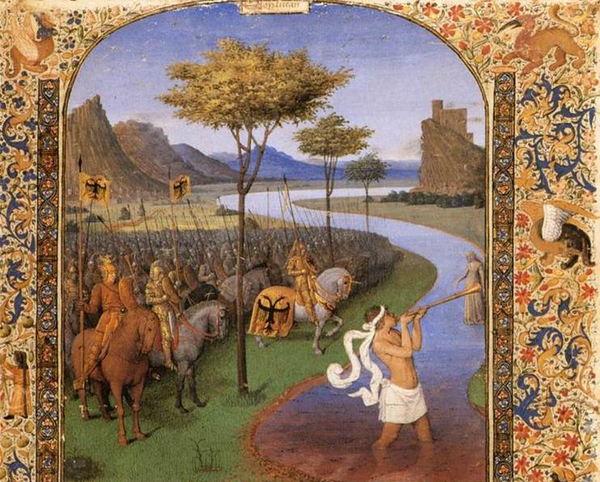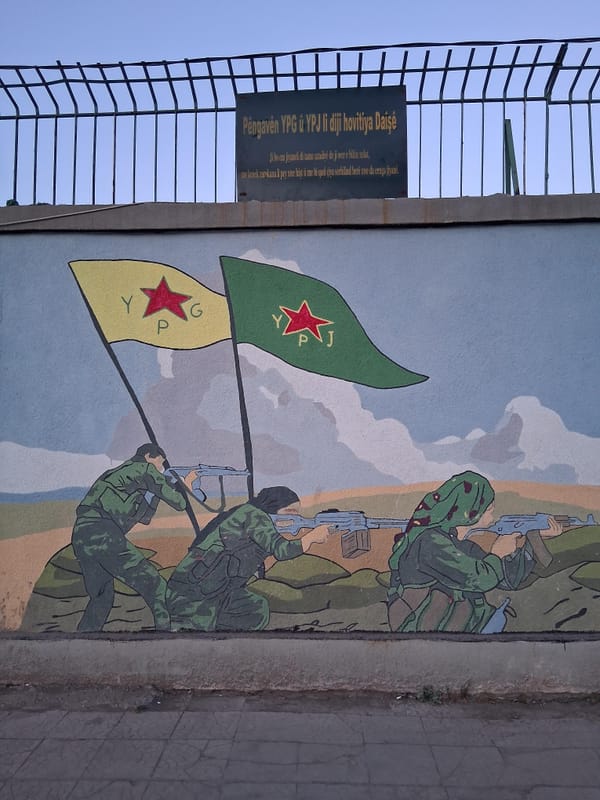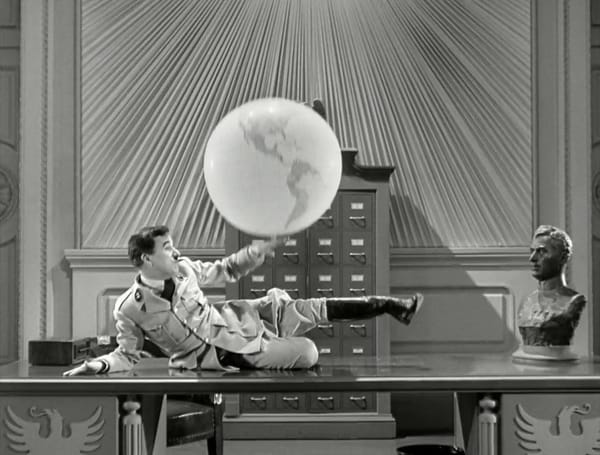Burn Down the Hot Take Machine

Logging onto twitter of instagram after the election involves confronting a series of reaction posts posing as political insight, which, in the typical memeified leftism/anarchism, usually functions through scolding, moralizing, or just simple “I told you so.” I don’t believe anyone who says they knew something would happen, since the event that provides confirmation also produces the certainty, retroactively. Instead of making those claims, we can look at what we avoid and refuse to learn through history.
We succumb to the illusion of linear time, which either makes us believe in progress, or repetition, or even revolution, when there are other lessons to take from it. On the one side, we have the head wagging in disbelief that something so terrible could happen, as it seems to contradict reason, or fly in the face of reality. On the other side, we have the certitude and smug satisfaction that comes with having correctly read the portents, or applied precedent to the present. (What I turned to after the election was engaged discussion, not out of certitude, but as reaching towards connection and the possibility of action.) As Benjamin puts it at the end of his eight thesis on the concept of history:
The current amazement that the things we are experiencing are ‘still’ possible in the twentieth century is not philosophical. This amazement is not the beginning of knowledge—unless it is the knowledge that the view of history which gives rise to it is untenable.
The hot take machine is not the beginning of knowledge, whether it harnesses the disproof of progress or the proof of continuation. We are stuck in bad history: a history that produces memeified analysis, which then spreads through the social networks so that people in all the different places repeat the same “knowledge” where repost means confirmation. But even leftist or revolutionary analysis misapprehends history, or tells the wrong story, foreclosing the possibilities. Remember, as the reactionary right/fascists know well, what we speak produces reality.
We are so caught in the spectacle that we don’t even know it. Perhaps we believe that all we need is more “militancy” to break out of this vicious circle. But if you see “leftists” or even “anarchists” in the West uncritically calling for armed resistance, or simply worshipping the images of Palestinian freedom fighters—an understandable unleashing of glee in the identification with those on the frontline of the strongest force of decolonization, while we here stumble and fall—it is because we have already foreclosed the possibility in our realm of militancy. People are talking about the need to mourn, whether the violence of genocide or the results of an election. But we are forced by the spectacle itself into a mourning of our own possibilities of resistance, which for us remains an image, an historical artifact. Our desire then can only relate vicariously.
If Palestinians, as Abdaljawad Omar argues, “lives on the threshold of death,” because life exists for them in relation to “the necropolitical power that Israel’s military and settler machinery have over Palestinian existence,” then resistance might be a flaring up of life in the face of willed death, or as Achille Mbembe says a willingness to take the other with you in your death: “closing the door on the possibility of life for everyone.”
Over here, in our relative safety, facing anew the threat that our state imposes (as if awakening from slumber, though we were always awake), we have a different relation to the death imposed by the state. Here we are already dead in that we consume our lives as representation, in the structures of identity, in the time of narrative. The demand that is made of us to grieve and mourn is a disabling demand, an alibi for inaction. What we are always mourning is the possibility of . . . anything else. Despite our claims, we accept this reality. Over and over again.
It may be that we have been thoroughly infected by boomer nostalgia. But our relation the 20th century revolutionary movements and militant struggles traps us in the inevitability of failure. We can’t tend the flame of possibility when it truly arises, as we immediately confine its conflagration into the expected images. On the other side of this, we experience that the deck is stacked. Why is it that at every turn where rebellion seemed on the verge of winning, the forces of empire stamp them out again? These are junction points for alternate timelines, where we jump the rails repeatedly into the worst of all possible worlds. The image of power is burnt into our eyes to that the afterimage determines all we can see.
My inkling is that we need to reframe our relation to desire in the realm of politics: this is a lesson we might learn from the Democrats’ failure rather than strategy or missed opportunity; perhaps we could learn from Trump’s ongoing successes, or the fact that fascism’s seductive power continually draws people towards its flame instead of ours. We could have learned that long ago in so many different ways, from gay liberation, Guy Hocquenghem or Larry Mitchell, or in the attempts to understand fascism, Wilhelm Reich or Herbert Marcuse. Despite whatever relation to queerness we might claim, in general, we mostly let our desire get sublimated into the upkeep of these systems, with flashes of life in moments of pleasure, moments from which we learn nothing.
My inkling is that through desire and its relation to death we might find ways to break out of reason, rationality, materialism, politics, and look under the veil that shrouds our current lives to see what else is happening. The only way out is not through. We can refuse to accept the terms and conditions that turn all of our simulacra of action into grist for the mill.





